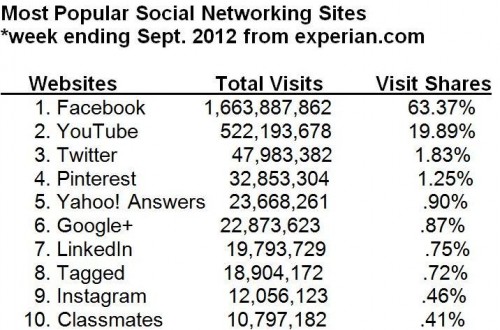
Millions of people daily log into their favorite social networking sites to chronicle their lives both personal and professional. All day people visit with friends, business associates or look for new contacts. 9/2012 Pew Report states that 66% of the U.S. population uses social networking websites on a regular basis and 53% of the 50+ year old population engages in social networking!

With more people every day using social media for their online interaction, these websites are affecting the legal and ethical aspects of the personal relationships and the law. Much valuable legal information may be discovered in a lawsuit on these websites which are proving to potentially have devastating results in the court litigation.
Many social networking site users are now looking at the additional options regarding privacy management because of concern with regard to potential legal liability. 63% of the users are deleting people not known from their “friends” list. 44% of these users have deleted comments made by others on their profile, and 37% have removed their name from photos that tagged their identify. (Pew Report 2/2012)
You should exercise careful thoughtful judgment when posting on social networking sites. Think before your post! Could this one click post be potentially damaging to you, to others you care about or to your business relationships? In today’s world, many lawyers are asking very specific questions to their clients concerning email addresses, use of social networking sites and types of personal information a client has posted about themselves, or other information publicly disclosed from other people’s social networking. Many lawyers now ask their clients to stop using or to deactivate (not delete) their social networking sites during their litigation process. Better safe than sorry!
The use of Electronically Stored Information (ESI) is now being addressed by the U.S. Government and many states regarding usage and admissibility in litigation. The Federal Rules have been amended to address ESI and set up a framework on dealing with this information. The rules include ESI to email, web pages, word processing files, computer databases, and just about anything that is stored on a computer. The definition of ESI also includes traditional email, instant and text messaging, voice mail, personal webmail, blogging and other new emerging technologies. Potential relevant information from any of these sources must now be preserved by litigants in the federal courts. Just remember what you do or say online can and will be used against you and/or distorted since: “You Said It”!
NACOL LAW FIRM P.C.
8144 Walnut Hill Lane
Suite 1190
Dallas, Texas 75231
972-690-3333
Office Hours
Monday – Thursday, 8am – 5pm
Friday, 8:30am – 5pm
OUR BLOGS
SEARCH
JOIN OUR NETWORK

Attorney Mark A. Nacol is board certified in Civil Trial Law by the Texas Board of Legal Specialization

